One of the most commonly used psychoactive substances among people is cannabis. The effects of the cannabinoid THC can provide significant relaxing effects, as well as medical help to millions. It is not clear whether animals are actively seeking this effect, but when it comes to pets, it is quite clear that it is not safe to leave products containing the drug unattended.
CANNABIS POISONING IN DOGS
There are many opportunities for dogs to put themselves at risk with cannabis. They can be consumed directly from the plant or the dried buds, but they can also be affected by second-hand smoke. Dogs can also become severely high if they consume excessive quantities of edibles such as cannabis brownies or butter, for example. The latter is more dangerous as the effect will be stronger and more long lasting, and consuming chocolate (which is toxic for canines) can lead to vomiting, diarrhoea, and even internal bleeding and heart attack.
Ingestion of cannabis in dogs is very rarely fatal. When taken orally, the lethal dose is 3g THC / kg body weight. Small amounts are unlikely to cause negative side effects, and some dog and cat owners regularly give their pets leaves for consumption without harmful side effects. In contrast, high doses can lead to a number of negative effects in dogs, such as vomiting, tremors, agitation, and even seizures or heart attack. Consumption in high doses causes cannabis poisoning in pets, and although deaths are rare, such severe poisoning has most often been documented as having occurred after consuming concentrated medical grade THC butter.
In a study of the effects of cannabis on dogs, it was found that they, too, have an endocannabinoid system. This system consists of two cannabinoid receptors, of which the CB1 receptor is found primarily in the central nervous system and the CB2 receptor in the body’s peripheral tissues. CB1 is thought to be responsible for most of the effects seen in dogs after cannabis use. When a dog is exposed to secondhand smoke, the level of THC in its blood rises rapidly and the effects become visible shortly afterwards. However, the effects of orally ingested cannabis (edibles) usually do not appear until 60 minutes after consumption.
Clinical signs of cannabis use in dogs may include depression, increased salivation, dilated pupils, vomiting, urinary incontinence, tremors, hypothermia, and bradycardia (slower than normal heart rate). Higher doses of THC can cause a variety of side effects, including nystagmus (involuntary eye movements), agitation, tachypnoea (abnormally fast breathing), ataxia (a group of disorders that affect coordination, balance, and speech) heart attack and seizures.
CBD FOR DOGS: WHAT WE KNOW SO FAR
What should you do if your dog has used cannabis?
If it is suspected that your dog has accessed and consumed food containing cannabis, the first step should be to call a pet poisoning helpline. The counsellor will ask you questions about the symptoms your pet is experiencing to help determine the amount they may have consumed. If, based on your answers, it is likely that they have consumed only a small amount, you will probably be given the simple advice to let your dog rest and sleep it off. Alternatively, if you suspect that you are eating a high-THC food, contact your veterinarian immediately for help.
Your doctor will take the first steps to measure and continuously monitor vital signs such as heart rate and temperature. There is currently no specific antidote for THC poisoning. Medications such as benzodiazepines can be given to calm the dog if s/he is severely hyperactive, anxious, or agitated. IV fluids that can help reduce vomiting and body temperature may also be given. Intralipid therapy may also be effective in reducing clinical symptoms, as THC is highly bound to fats.
Toxicity of cannabis in cats
Although dogs are most affected by cannabis poisoning - 96% of the cases involve dogs - cats are not immune either, with them making up around 3% of cases. There is significantly less knowledge about cannabis toxicity in cats. Signs of cannabis poisoning in cats can be varied and sometimes quite extreme. Symptoms, similar to dogs, include confusion, coma, convulsions, ataxia, depression, agitation, anxiety, hoarseness, salivation, diarrhoea, vomiting, bradycardia, tachycardia, hypothermia, and mydriasis.
If poisoning is suspected, the procedure is the same as for dogs. Call a poison control helpline for further advice based on symptoms.
PREVENT YOUR PETS FROM ACCESSING CANNABIS
The easiest way to prevent your dog or cat from taking in THC is to minimize and eliminate the possibility of possible consumption. Smoke in another room and store your cannabis-containing food securely sealed to minimize access. If you grow indoors, secure the production room against accidental entry, preventing your pets from chewing on leaves and flowers. If you grow outdoors, secure your garden using a fence to protect your pets.
MEDICAL CANNABIS FOR PETS
Not all effects of the cannabis plant are harmful to pets. In fact, a huge emerging market has been built around medical cannabis for pets. Due to the presence of the endocannabinoid system in both cats and dogs, high doses of accidental THC can be potentially dangerous, but it is precisely because of this endocannabinoid system that cannabis can also be used to relieve symptoms such as seizures, just as they can in humans.
There is a growing demand for the non-psychoactive cannabinoid CBD in the world of drugs and OTC supplements. Products are marketed that promote hair health, reduce anxiety, relieve inflammation, nausea and vomiting. At the moment, not nearly enough research has been undertaken, and so not much is known about the exact effects of these molecules on the health of pets. Although they appear to be therapeutic, there are dangers associated with improper dosing. Therefore, always consult your veterinarian about the proper dosing before administering to any pets.
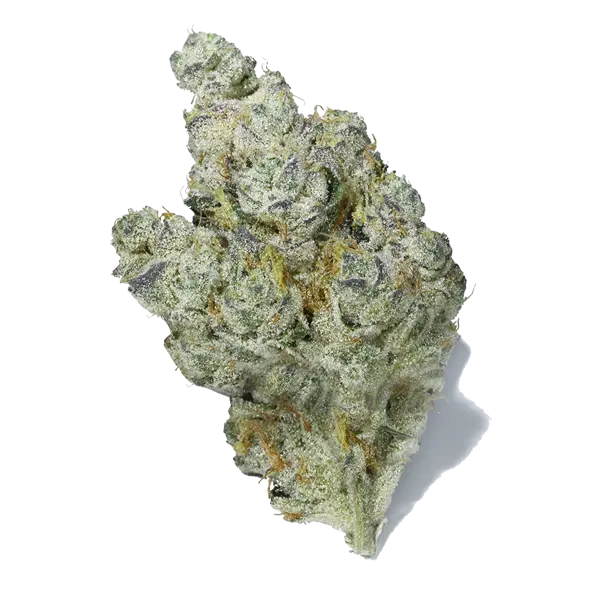


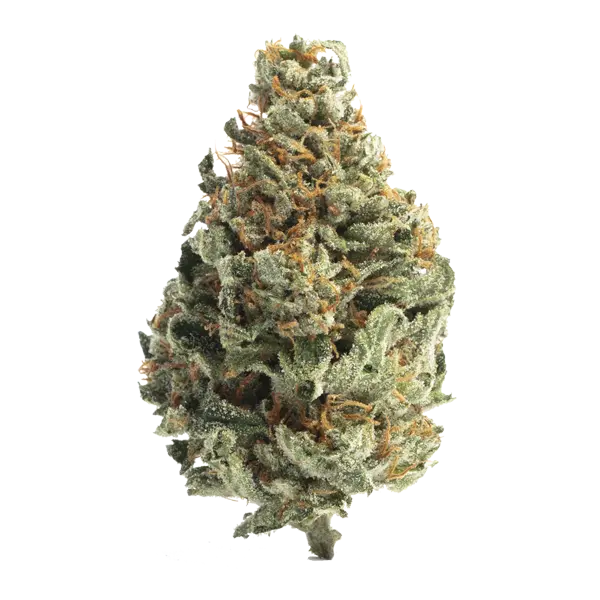
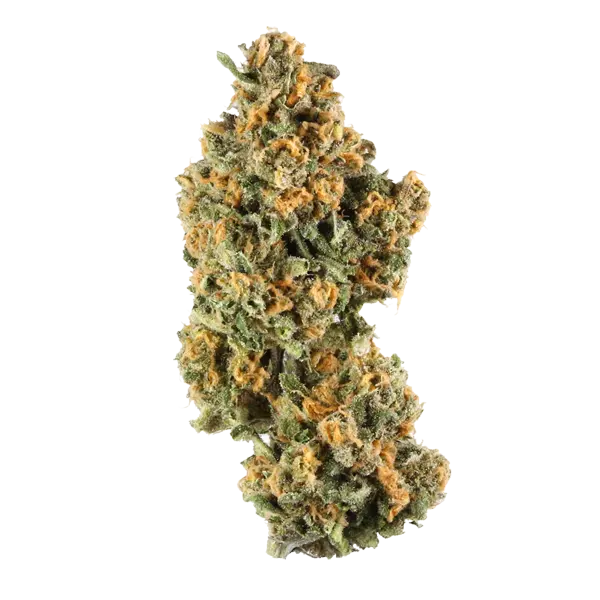

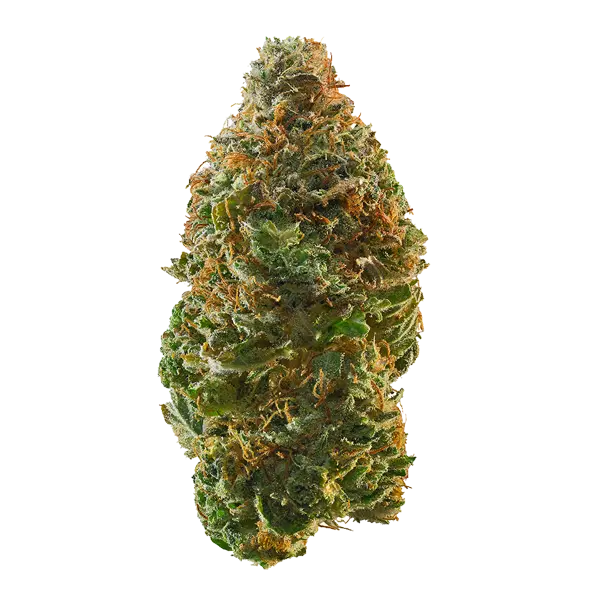

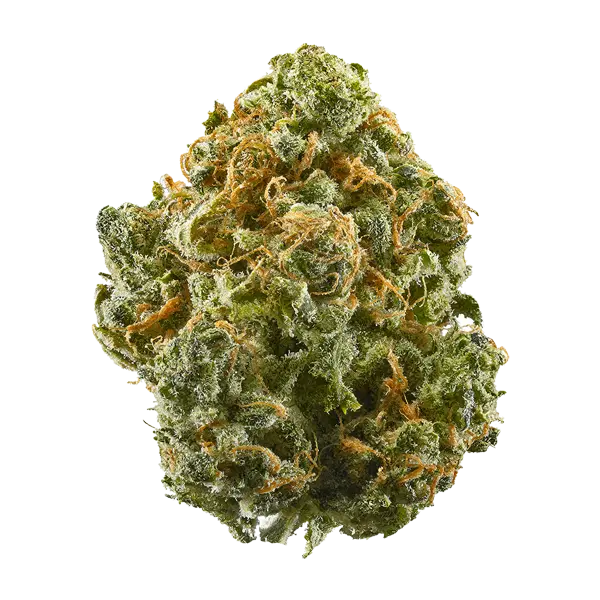

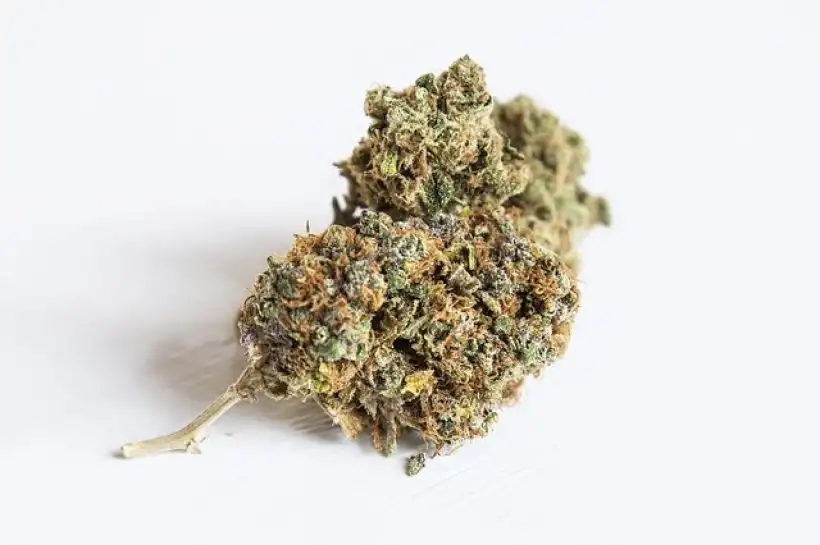





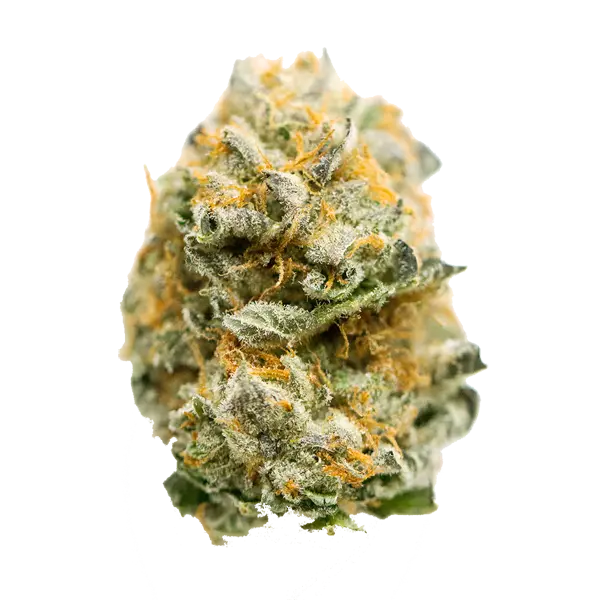
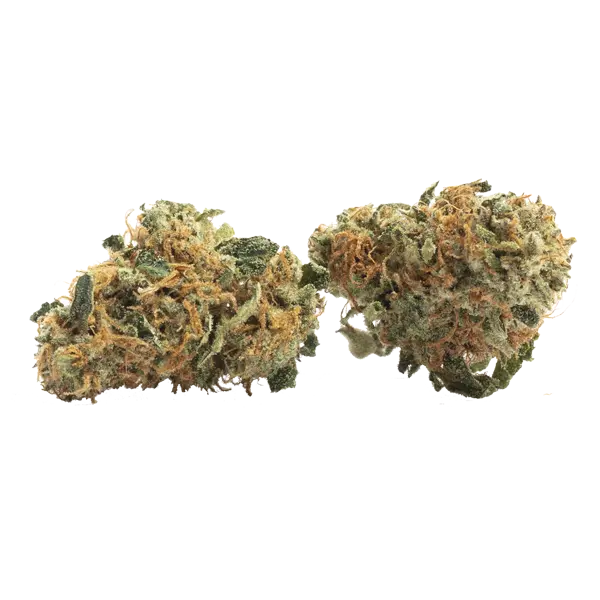
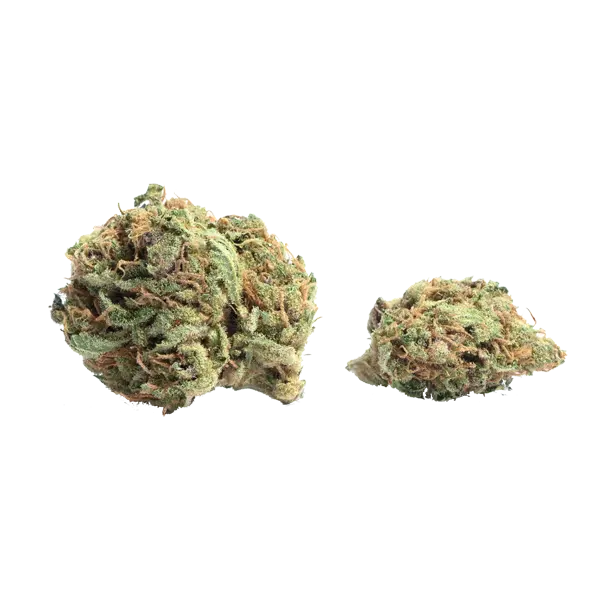











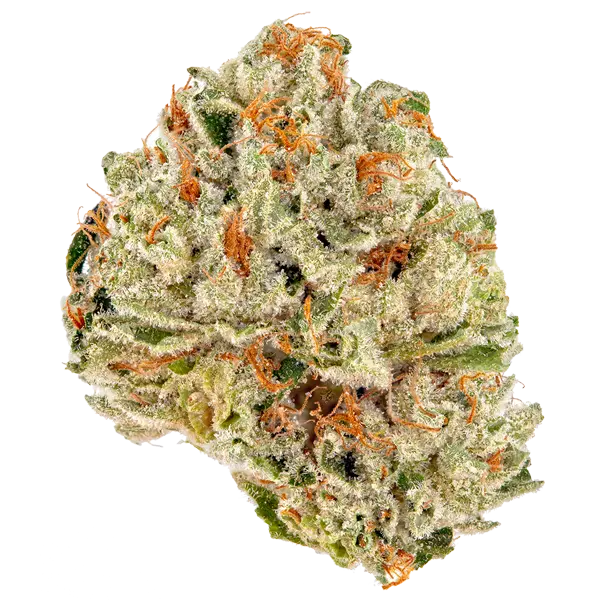
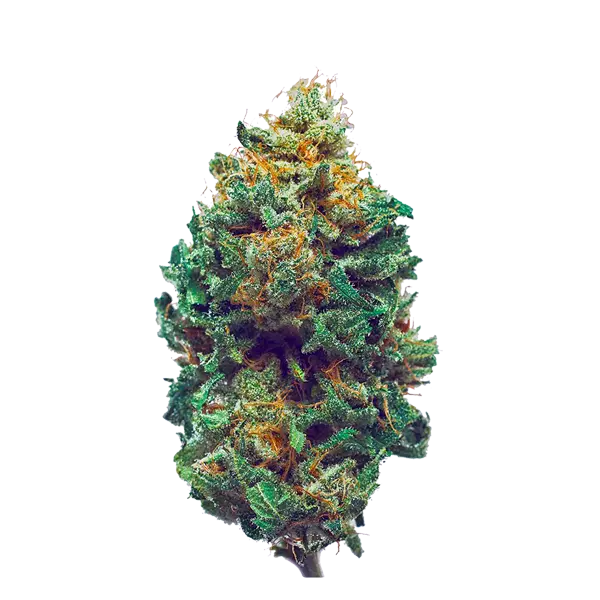
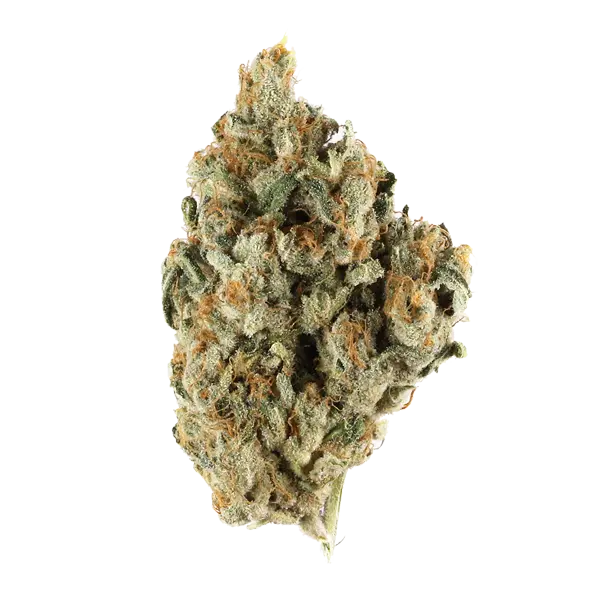

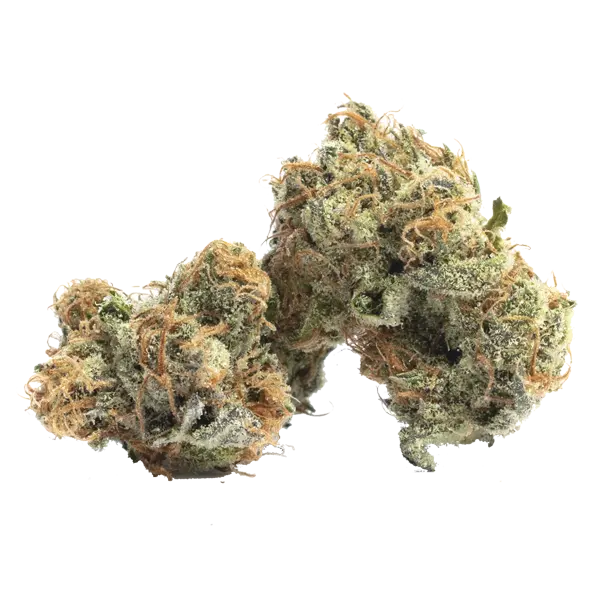
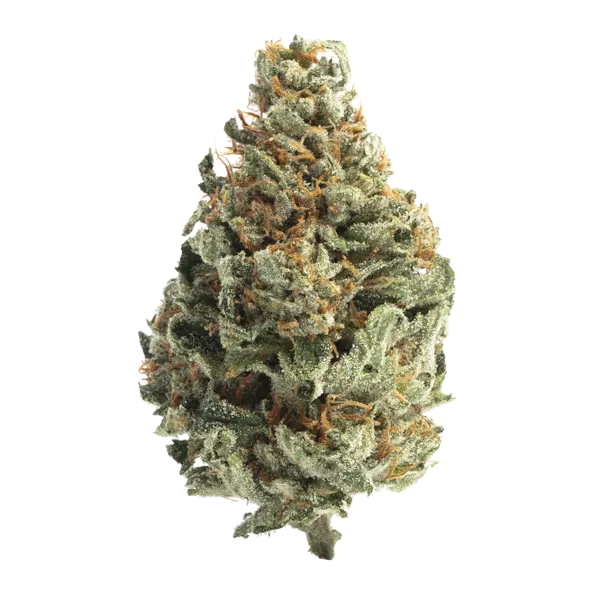
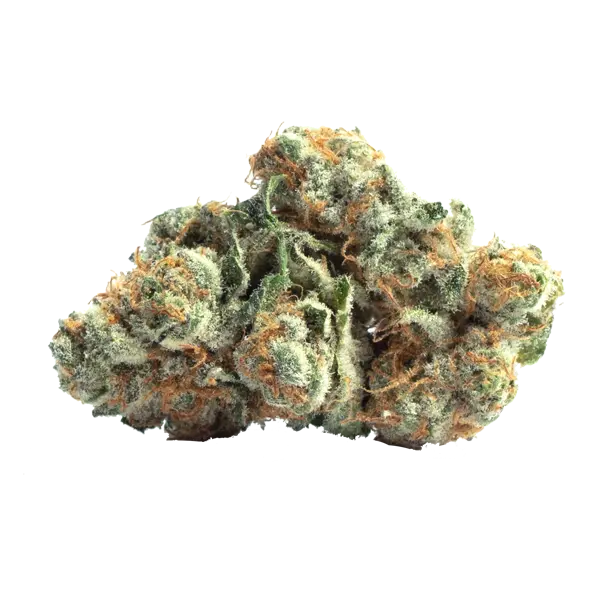
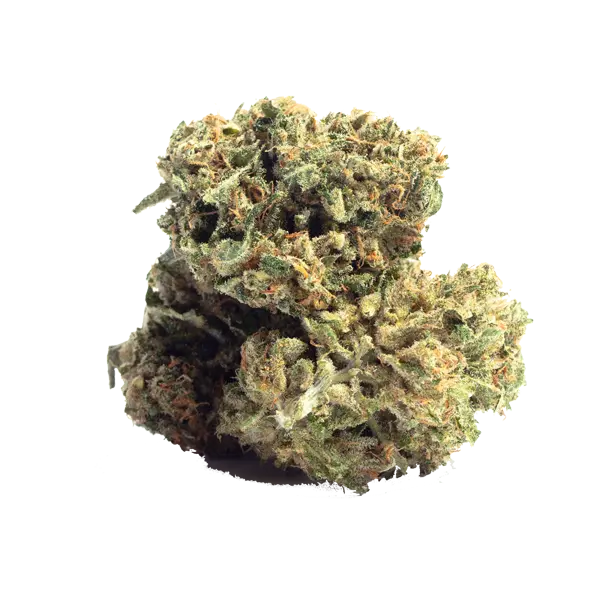
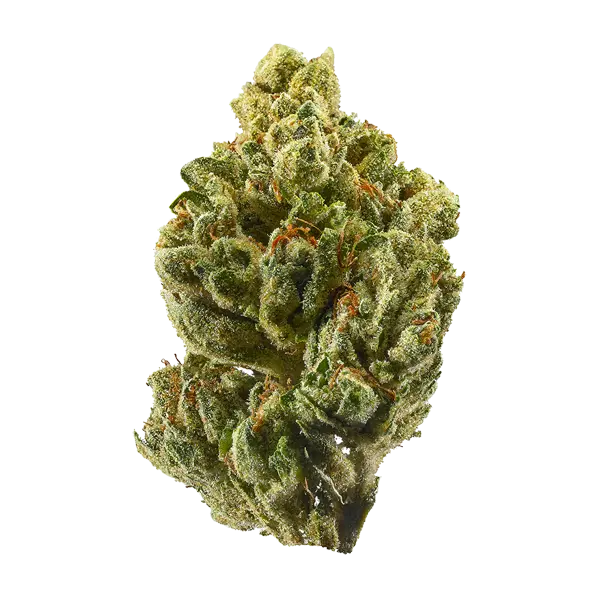
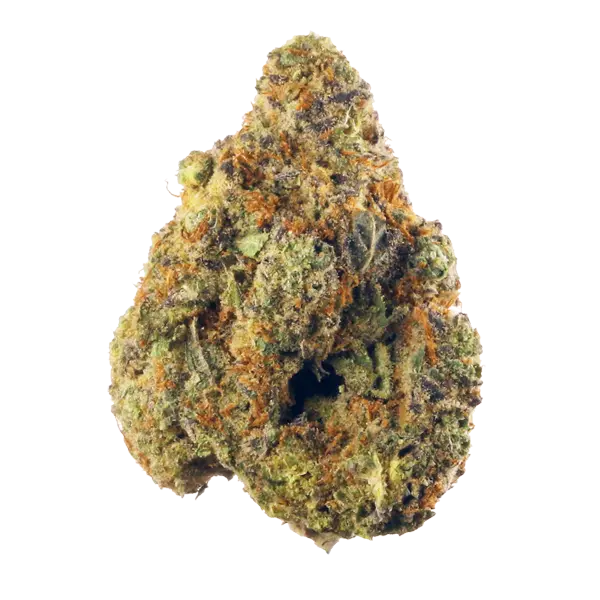
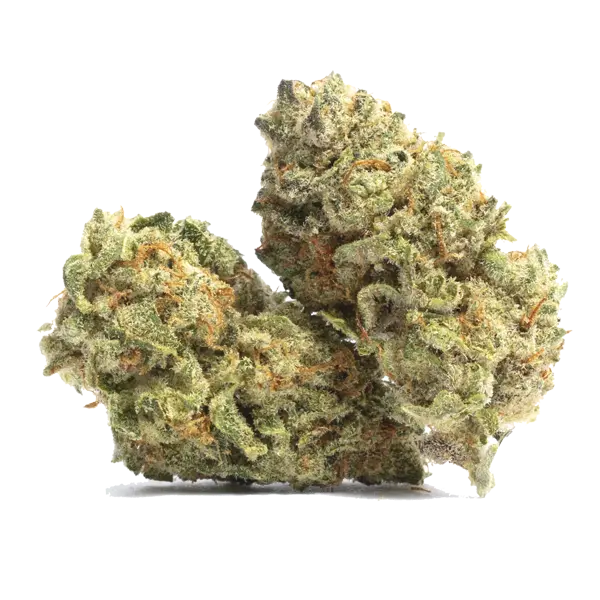
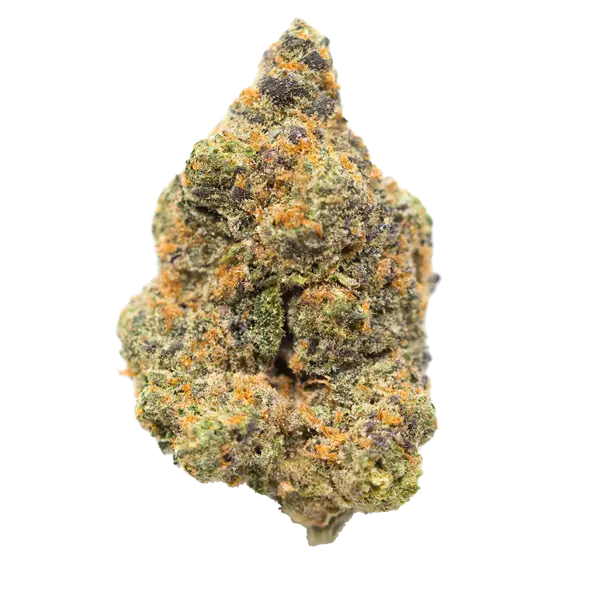
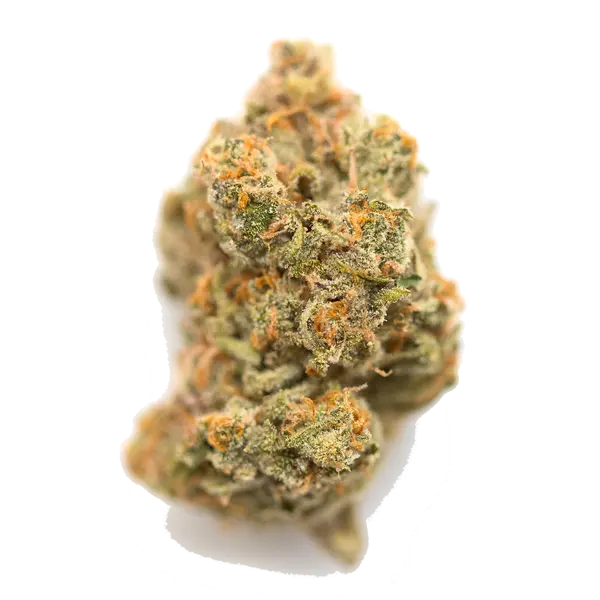
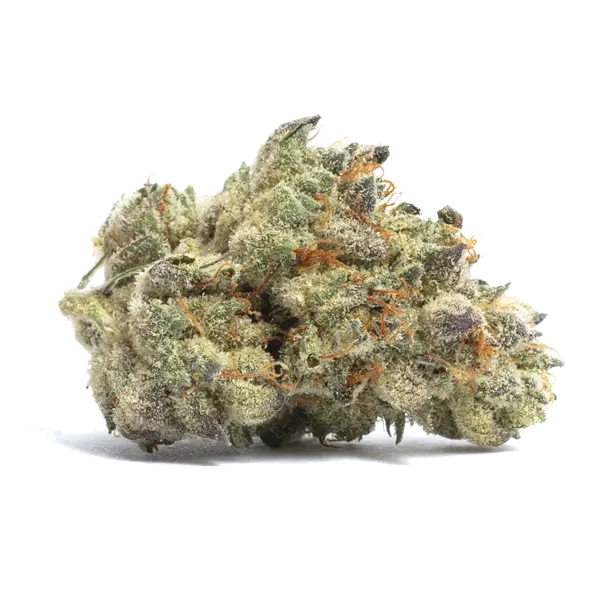
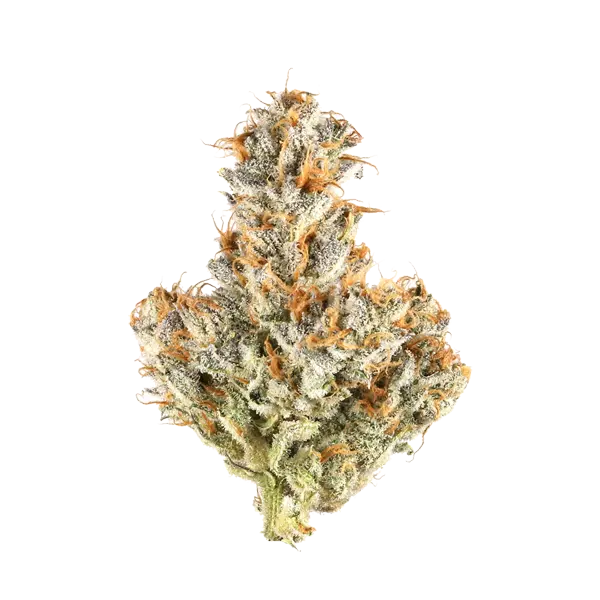


















 Specific Companion Plants That Are Best for Cannabis Growers
Specific Companion Plants That Are Best for Cannabis Growers Cannabis Withdrawal: What Is It
Cannabis Withdrawal: What Is It








